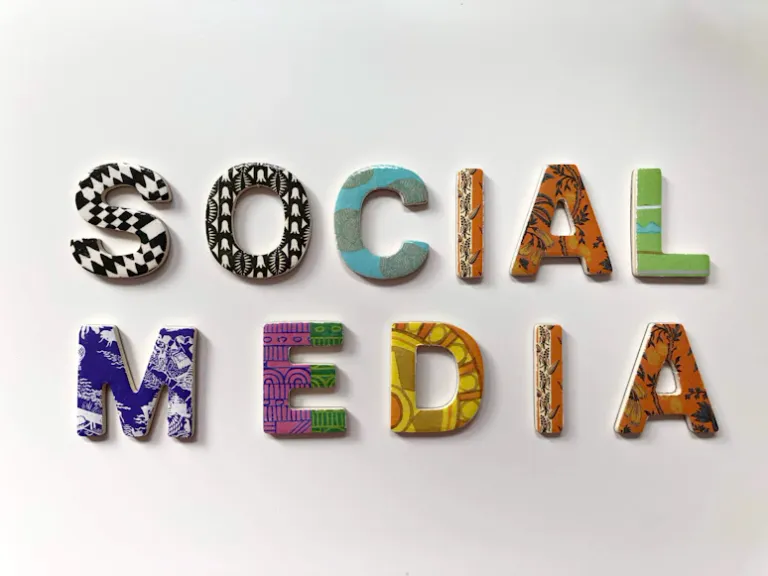
The Complex Reality Behind social media persona's
Social media has actually become an essential aspect of majority people’s lives. Bases like Facebook, Instagram, Twitter, Snapchat and TikTok have actually related us to friends, family, colleagues at work, news, brands and entertainment in extraordinary ways.
Social media profiles often portray an incomplete or exaggerated picture of someone's life. It's easy to make assumptions about people based only on those curated snapshots, but it's important to realise there is much more complexity and nuance to each person. The healthiest approach is to withhold judgement and remember there is likely a whole world about that person you cannot see from their social media presence alone. Getting to know someone face-to-face tends to provide a more accurate and fair representation of who they really are. You offer a thoughtful perspective on the limitations of social media and the importance of looking beyond those surfaces before making judgments about people.
However, social media also has its downsides. The same tools that allow people to find community can also facilitate the spread of misinformation, enable cyberbullying, and promote addiction. Outrage and negativity tend to get more traction online, making healthy debate difficult. There are also concerns around data privacy and social media’s effects on mental health, especially for younger users
Notwithstanding, social media has also brought some negative consequences.
Social media can give a twisted view of people's lives. We tend to share only the emphasis on spotlight reels - the happy moments, exciting travels, biggest accomplishments. This can make our own lives seem dull by comparison. It also leads us to make judgments about others that may not be fair or accurate. For example, if we see someone posting fun vacation photos, we may assume they have an exciting or flawless life while missing the reality of their struggles.
Social media also enables oversharing and risky behavior in search of attention and validation. Some people feel pressure to present unrealistic versions of themselves and their lives, often carefully curating their best photos and stories. Others seek fame by taking dangerous risks or oversharing intimate details. Teens in particular may lack the judgement to understand long-term consequences in their quest for social media stardom.
Viral stunts and challenges that risk serious injury or even death have unfortunately become more commonplace in pursuit of likes, comments and followers. Hateful or ignorant viewpoints also spread rapidly online, contributing to polarized and extreme perspectives. The relative anonymity of social media can bring out poor behavior as traditional social constraints fade away.
So while social media connects us in many beneficial ways, the version of peoples' lives presented online should be taken with a grain of salt. We cannot fully know someone's true character, struggles or values based only on their posts. Judging others solely by the carefully edited highlights on their social feeds is often inaccurate and unfair. There are always more layers beneath the surface. Keen observation, empathy and human interaction beyond the digital reveal truer colors. We would do well to remember the humanity in each other both online and off.
So in conclusion, More comprehensive understanding and real-life interactions are usually needed for accurate judgement of character.
Thank you for reading my post.